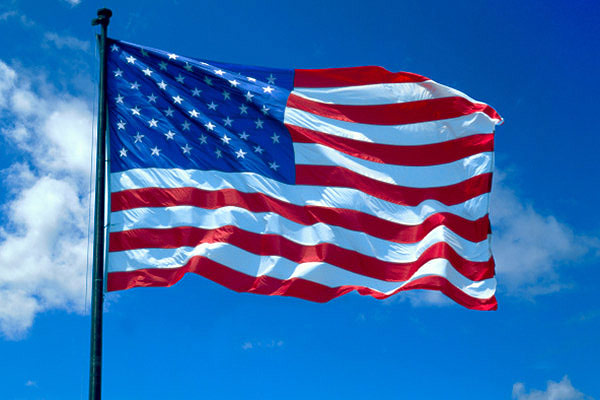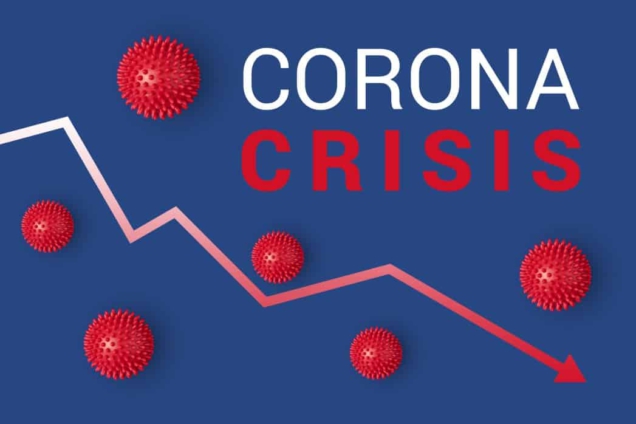Dividends plummeted between April and June as coronavirus pandemic forced companies to conserve cash — a sign of how a tough economic environment could hit investors' pocketbooks even as stock prices push higher.
A new report from Janus Henderson published Monday found that global dividends dropped by $108 billion to roughly $382 billion in the second quarter, the biggest decline since the asset manager started tracking dividends in 2009.
The total value of payouts was the lowest for the second quarter since 2012.

Royal Dutch Shell (RDSA), BP (BP) and Macy's (M) are among the companies that suspended or cut their dividends in recent months.
"In a quarter of astonishing disruption to normal life around the world, the impact on dividends was dramatic," Janus Henderson's analysts wrote.
Changes to the dividend regime were broad-based. Dividends fell in every region except North America, which was bolstered by "resilient" payouts from Canadian companies.
Despite massive cuts to date, Janus Henderson still expects global dividends to top $1 trillion in 2020, indicating how much growth has occurred over the past decade.
On the radar: The firm said a reality check will come in the fourth quarter, when firms in North America announce payments for the next four quarters
The US recession could end in 2020 or 2021.
The historic recession the United States entered earlier this year could end in the second half of 2020 or in 2021, according to a survey of top economists, though the pain is expected to linger for years to come.
Animated chart compares US job losses during the 2020 COVID recession to job losses in previous recessions. Source: https://t.co/8MNproaBjm pic.twitter.com/eYs8a8SYOk
— Simon Kuestenmacher (@simongerman600) August 22, 2020
What's happening: About 35% of economists polled by the National Association for Business Economics, which spoke to 235 members between July 30 and August 10, believe that the country will exit the recession in the second half of this year, while 34% expect that to happen sometime in 2021.
Just 4% expect the recession to last into 2022 or later, while 15% think it already ended in the second quarter.
Even if the United States returns to growth this year, economists have made clear that huge risks remain, and that many of the economic scars will be permanent.
Nearly half of respondents don't think US GDP — the broadest measure of the health of the economy —will return to levels reached at the end of 2019 until at least 2022.
And nearly 80% of those surveyed believe there's at least a one-in-four chance of a double-dip recession, where economic output plunges again after a short period of recovery.
CNN Business and Moody's Analytics have partnered to create a Back-to-Normal Index, which is comprised of 37 national indicators and seven state-level indicators to track the recovery.
While the US economy remains far from normal, it is in comeback mode.
The index shows that the US economy is operating at 78% of where it was in early March. But the strength and longevity of the recovery is still an open question that relies in large part on the path of the virus.
"As the battle against Covid grinds on, it's difficult to escape the conclusion that successful economic policy starts with successful public health policy," Neil Shearing, group chief economist at Capital Economics, wrote in a note to clients on Monday.
Could the WeChat ban be limited? Investors hope so.

Shares of China's Tencent (TCEHY), one of the most country's most important tech companies, have been battered as investors scramble to understand what it would mean if WeChat, its popular messaging app, is banned in the United States.
But optimism that any restrictions could be limited in scope drove the company's stock up 5.8% in Hong Kong on Monday.
The rally was driven by reports that the Trump administration is privately looking to reassure US companies like Apple that they'll still be able to do business with WeChat in China, even if individual users in the United States are affected.

Investor insight: Shares of Tencent fell nearly 10% after President Donald Trump signed executive orders on August 6 stating that he would ban WeChat and the short video app TikTok from operating in the United States unless they're sold by their Chinese-owned parent companies by mid-September.
Since then, Tencent has clawed by most of its losses. The company has been bolstered by its earnings report, disclosing surging profits between April and June.
Still, the executive orders pose a major risk until the details of a possible US ban are finalized. TikTok said over the weekend that it plans to challenge Trump's executive order in court.
Latest Stories
-
Experience and diplomacy will guide Ghana’s 9th Parliament – Alban Bagbin
6 minutes -
Bagbin pledges leadership and unity in acceptance speech as Speaker 9th Parliament
21 minutes -
Livestream: Dissolution of the 8th Parliament & the inauguration of the 9th Parliament
2 hours -
Prof Emmanuel Sarpong gunning for NSA Director General role
2 hours -
Apple to pay $95m to settle Siri ‘listening’ lawsuit
3 hours -
Judge denies Trump bid to delay sentencing in hush money case
3 hours -
Justin Trudeau’s resignation speech in full
3 hours -
Canada’s Prime Minister Justin Trudeau resigns
3 hours -
Apple says it will update AI feature after BBC complaint
3 hours -
Trump asks court to postpone sentencing ahead of inauguration
4 hours -
Fire ravages Tamale Timber Market following blazes in Accra and Kumasi
4 hours -
Timing not right for confrontation as NDC celebrates majority – Dafeamekpor
4 hours -
Swearing-in uncertainty looms over Techiman South, Okaikwei Central, Tema Central
4 hours -
The next administration of President Mahama: Expectations, experimentation and possible exasperation
4 hours -
Akufo-Addo dismisses petition against Chief Justice over lack of evidence
4 hours

